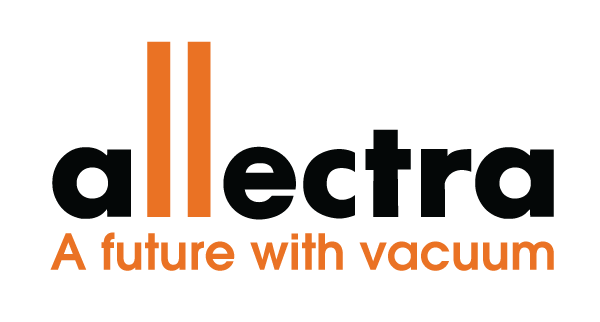To celebrate the UN’s International day of women and girls in science on 11th February, we conducted a short Q and A with one of our customers, Giordana Severino, ITER project Associate, In-Vessel Diagnostics Section, about what inspires women to work in science today and what is being achieved in the outreach programmes.
1. What are you currently working on? “I am working currently at ITER, the nuclear organisation where I am responsible for a Nuclear magnetic sensors system for the alignment of plasma barriers and Post-doc at IST-ID of Lisbon. I worked at CERN as PhD/fellow to develop some magnetic sensors and I designed a miniaturized rotating coil for magnetic field harmonics measurements and collaborated with the research center FERMILAB in the USA.”
2. What inspired you to pursue a career in science? “The reason I started is that I was fascinated by the complexity of a project like CERN, ITER or other research centers. It is interesting how something with so many parts and components can work. This is possible only because there are so many experts working on this project. Also, I believe that the researcher career is a strong choice in Science as it requires a strong will and a lot of dedication.”
3. Can you tell me about European outreach activities for women in science at CERN? How successful have you been with your initiatives? “I obtained a Marie-curie Sklodowska European funding for a project in collaboration with CERN university and industries: (PACMAN) where we did a lot of outreach activities including activities in schools with teenagers, visits at CERN and women in science events to motivate a new generation.”
Background: PACMAN is an Innovative Doctoral Program Network, offering training to 10 Early Stage Researchers hosted by CERN thanks to The European Commission’s FP7 Marie Curie Actions. The human objective of the Marie Curie program is to create a new generation of scientists equipped with a wide-ranging expertise in advanced engineering and instrumentation. The technical objective of the PACMAN project is to develop very high accuracy metrology and alignment tools and validate them in a single automatic test stand integrating all of them. This multidisciplinary research project strengthens the co-operation between the most innovative universities, laboratories and industries of Europe in these fields.
Impact includes:
Train young researchers in topics of interest for European industry
• Improve the career prospects and employability of the researchers
• Stimulate creativity and entrepreneurial mind-sets in the next generation of scientists
• Enhance public and private research collaboration
• Disseminate the results in the private and public sector and Science outreach. Promoting science to the general public
• Strengthen the links between partners working on metrology, high accuracy alignment, nano-positioning, precision mechanics, microwave technologies, magnetic measurements
• Develop new high-tech solutions to be applied not only on future particle accelerators at CERN or elsewhere but also in fields such as medical physics and technology, instrumentation, telecommunication, aerospace or nanotechnologies
• Promote science and women in science, enhance the participation and the role of women in research laboratories, universities and industries in the next generation of particle accelerator.
“I think that for the teenagers the best opportunities are to trigger their curiosity and move them to question and create mini experiments as in the end science is experiments, attempts and fails until the final achievement.”
4. Are there some women currently working in science who you think have made a particularly significant contribution in some way? “For me, the Director General of CERN, Fabiola Gianotti is an inspirational example of the future for women in science as she is leading one of the most important research centers in the world.”
